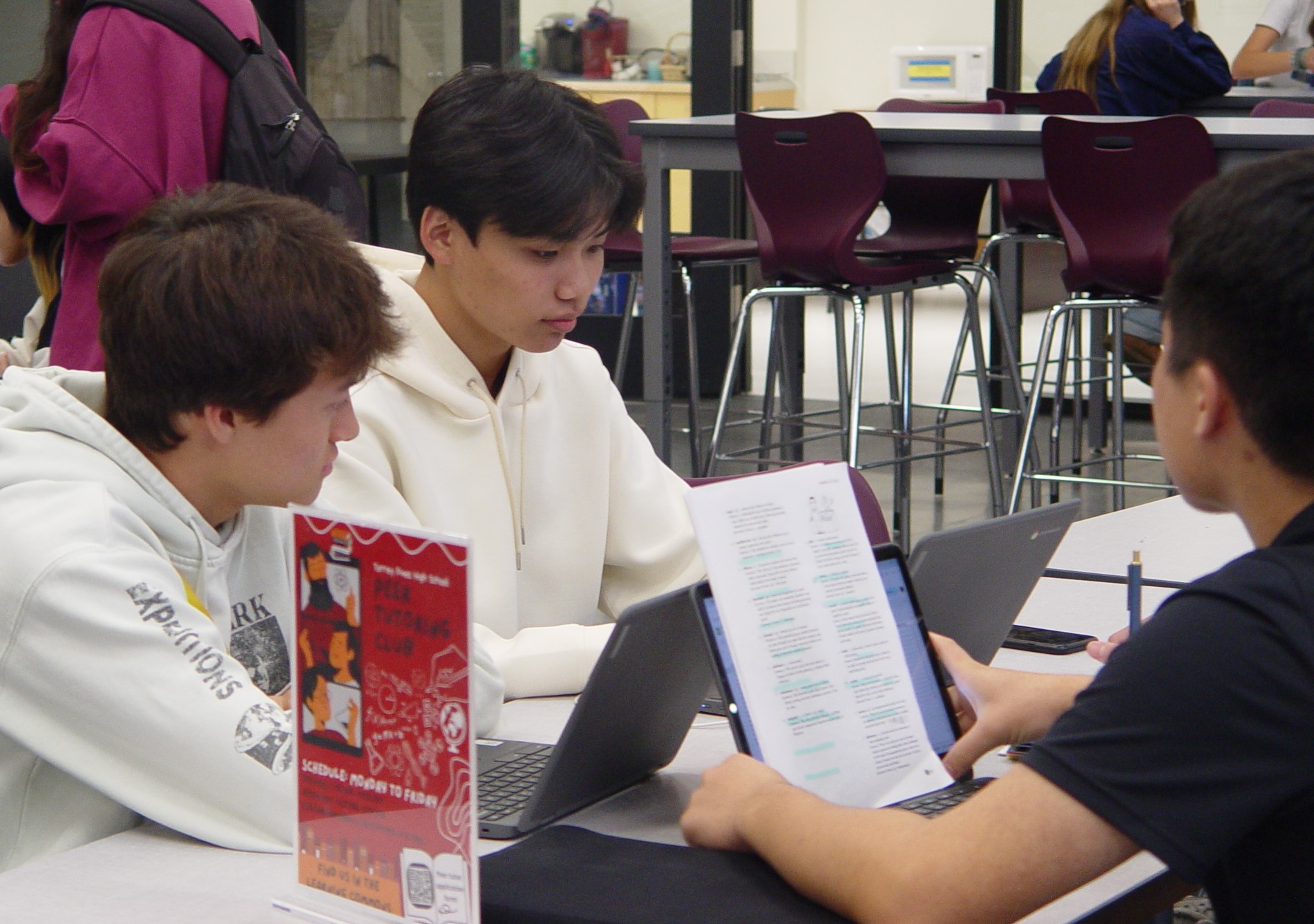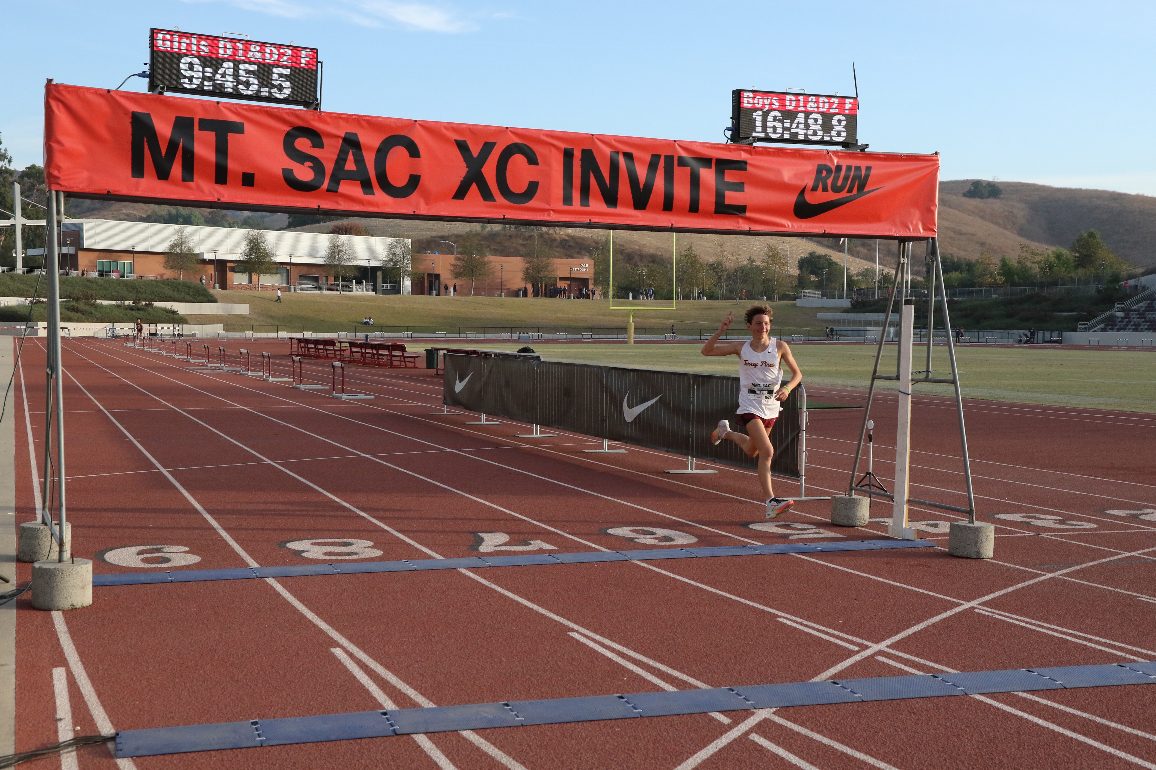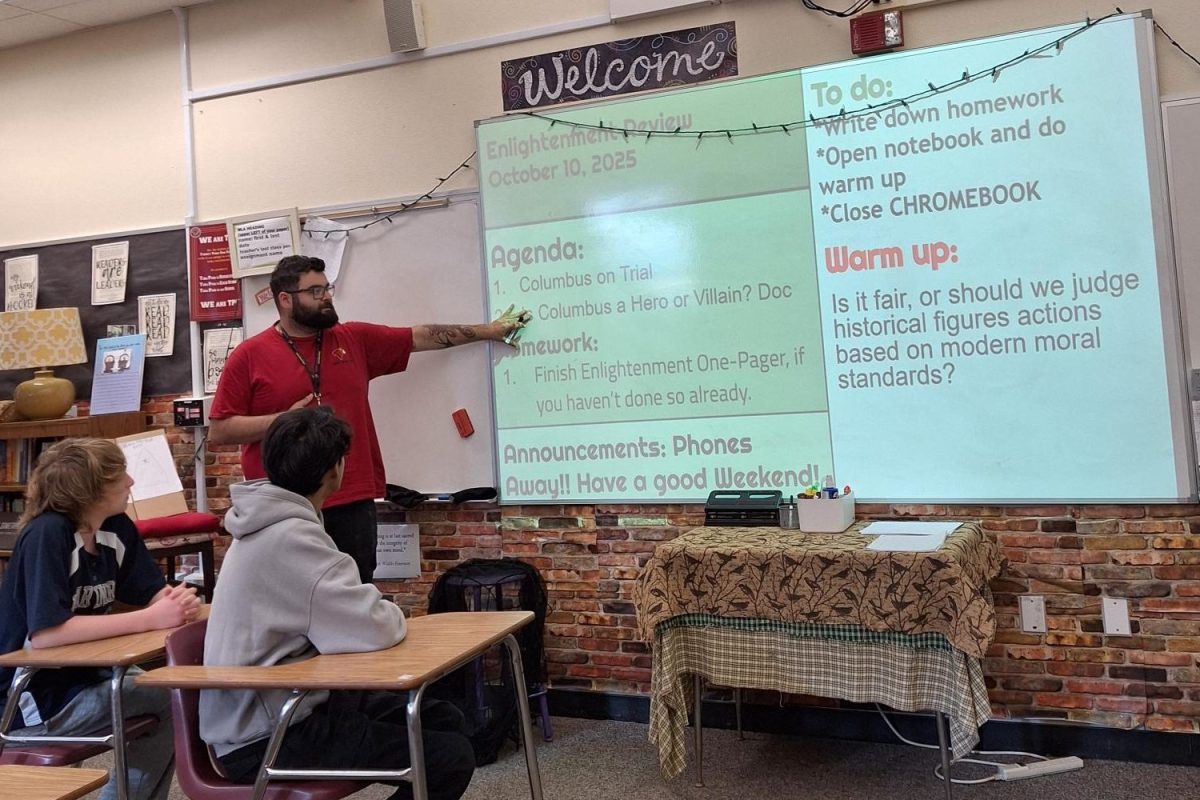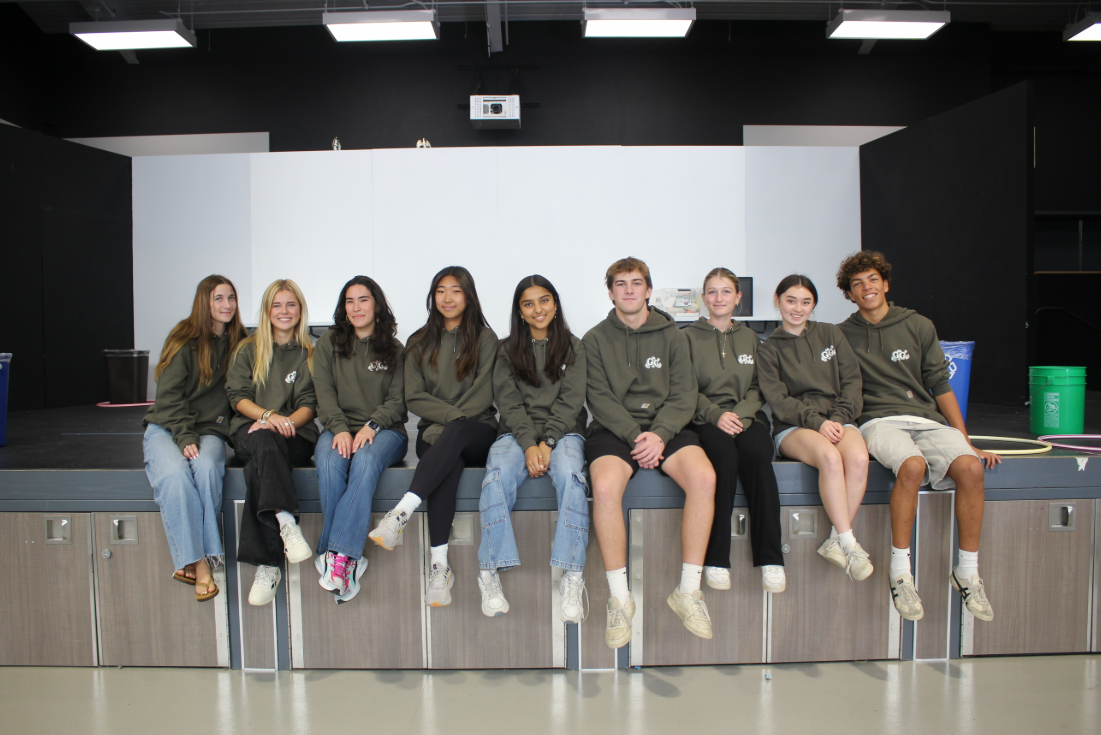Down the stairs in a corner of the learning commons, there resides a dedicated group of students, some of whom wear yellow lanyards. They hover over chromebooks and papers, calm and collected amidst the loud chatting and overall chaos that floods the rest of the building.
This cluster of students is the Peer Tutoring club, in which students mentor their peers on numerous subjects taught at the school. These student tutors are available in the learning commons from 7:45 to 8:25 a.m. and 3:25 to 4:15 p.m. every school day to help students with their coursework.
“It’s open, no appointments, and there’s always a peer tutor with a yellow lanyard … and the peer tutoring officer will match you with a tutor who is skilled in that area,” Guen Butler, the Intervention Coordinator and Peer Tutoring adviser, said.
The club is student-run with Butler’s consultation, as the tutors themselves execute most of the procedures such as managing applications, advertising and matching tutors.
“The student leaders are very proactive and we have a great working relationship,” Butler said. “They tell me what they need or issues they might be coming against and we work through it together.”
There are many specific benefits to peer tutoring that other resources do not cover.
“The main appeals are that it’s on campus, easily available and from students actually going to the school,” Yifan Fang (12), a peer tutor since his junior year, said. “If you have a regular tutor from elsewhere, they might not have the same experience with classes.”
These benefits are especially apparent when taking into account the student experience.
“Often the peer tutors will have had the same teacher whose class you’re taking so … they just give you more advice about how to navigate a classroom from a student perspective,” Butler said. “Sometimes kids are more comfortable asking fellow students for help.”
Beyond pure academic help, peer tutors are able to provide students solidarity regarding the experience of a class and provide the motivation needed to succeed.
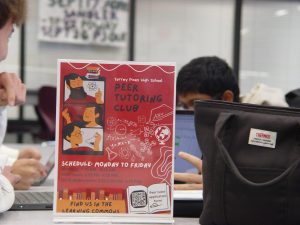
“Having someone who has already done [the classes] [tell the student] ‘yeah you got it, you can do this’ kind of helps their confidence,” Fang said.
Some of these peer tutors have experienced both sides of the process. President of Peer Tutoring, Kei Tashiro (12), transferred from Japan his second semester of sophomore year. After struggling with the language barrier, and assimilation into the different school system, he found support within Peer Tutoring.
“The tutors, when I came in, helped me out in every way that they could possibly give me help,” Tashiro said. “They made it a lot easier for me to be a part of the school.”
This inspired him to become a tutor himself.
“I started [tutoring] in return,” Tashiro said. “I want to make this chain reaction where if they get tutored, they have the motivation to help others [as well].”
Fang is also driven in his tutoring, but for different reasons.
“It feels good to have helped make other students’ school experience easier,” Fang said. “I’ve done it so I can help you not make the same mistakes I did, especially since I’m a senior and I’ve [taken] many of the classes.”
These peer tutors are especially qualified, as multiple members last year participated in an eight session training program with Butler followed by an international exam called Universal Design for Learning. The program focuses on teaching and learning through the lens of neuroscience and research about how people learn. The school is one of few in the country where students earned the certification, according to Butler.
“[The tutors] have some skills under their belt about how to work in a mentorship or teaching role,” Butler said. “They have invested a lot of time in their own development as tutors [through acquiring the certification] … I think that’s pretty unique at Torrey Pines.”
While the peer tutors are readily available and passionate, there is a lack of students showing up in need of tutoring.
“This year’s group [of peer tutors] is really dedicated to being more visible,” Butler said. “There are always more tutors available than students coming to get tutoring and we would love to see more students coming down. It’s an amazing resource and it’s a bit underutilized.”
Through it all, Peer Tutoring is a safe space for students struggling with school, always available to lend a helping hand amidst the chaos of schoolwork, the student experience and the learning commons.
“Just show up, ask for help and we’ll do our best to accommodate you,” Fang said.


